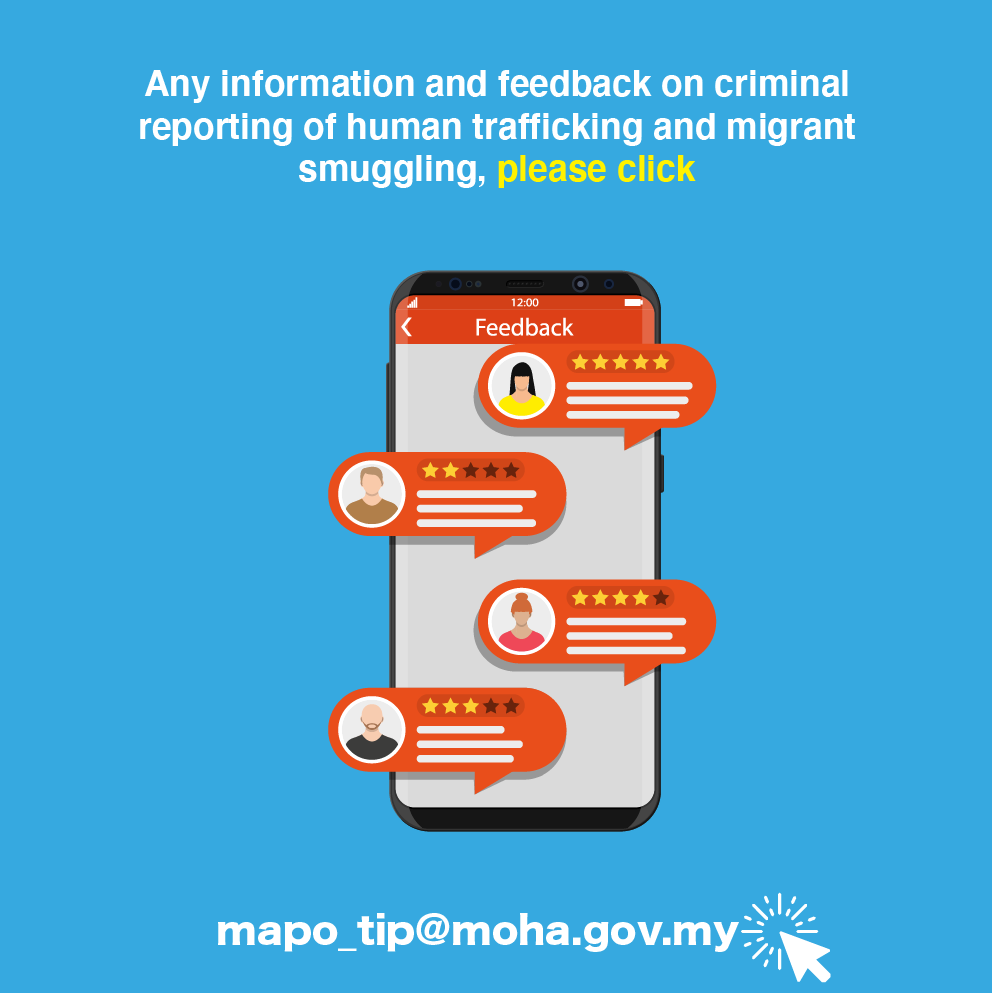Illegal Sand Dredging Along Sungai Golok Threatens Border Stability

NARATHIWAT, Nov 2 (Bernama) -- Illegal sand dredging activities along Sungai Golok, which forms the border between Thailand and Malaysia, have been identified as one of the main causes of soil erosion and changes in the river’s flow, potentially affecting the stability of the border area between the two countries.
Vice Governor of Narathiwat Province, Wichan Chaisetsumpan, said Sungai Golok is a hotspot for these activities, which mainly occur in areas near the Malaysian border, including the Waeng district.
He added that Thai authorities have tightened surveillance of illegal operations, with several immediate actions taken following information from Malaysian authorities about the use of heavy machinery along the river.
"In the latest incident in Waeng district, intelligence and information from Malaysia led to the seizure of two excavators and the arrest of several individuals believed to be involved in the illegal dredging activity.
"This development reflects the strong level of cooperation between security agencies of both countries in curbing cross-border environmental crimes,” he told Malaysian media through a local interpreter during a special interview session recently.
Wichan said safeguarding the border area cannot be done unilaterally, but requires close cooperation, continuous communication, and coordinated field operations between security officers on both sides to ensure effective enforcement and the preservation of shared natural resources.
Meanwhile, commenting on the issue of drug smuggling along Sungai Golok, Wichan said the province shares a border with Malaysia through several districts, including Waeng, Sukhirin, Si Sakhon, and Chanae, covering several hundred kilometres, with about 95 kilometres running along Sungai Golok and mountainous terrain.
He said the river route is often used by drug trafficking syndicates to transport supplies into Malaysia, as certain parts of the river are shallow and easy to cross.
According to him, one of the main factors driving these syndicates is the higher street value of drugs in the Malaysian market compared to Thailand.
Nevertheless, he stressed that Thai security agencies have not remained idle, as police and military forces continue to work closely through integrated operations that have successfully led to multiple arrests and the seizure of large quantities of illicit substances.
“Investigations into the detained suspects revealed that most of them intended to smuggle the drugs into Malaysia,” he said.
To address the issue comprehensively, Wichan added that several joint meetings have been held between Thai and Malaysian authorities, including in the Sungai Golok district, involving various border management agencies from both countries.
He said both police forces have also agreed to strengthen intelligence-sharing related to drug-trafficking networks and to conduct joint patrols along the border to enhance control and minimise smuggling risks.
-- BERNAMA
Keywords
More News
CONTACT US
Pejabat Strategik Nasional Majlis Antipemerdagangan Orang dan Antipengeludupan Migran (MAPO)
Kementerian Dalam Negeri
Aras 2, Blok D7, Kompleks D,
Pusat Pentadbiran Kerajaan Persekutuan
62546 Putrajaya
Malaysia
+603-8880 8854
+603-8880 8829
nsomapo[at]moha.gov.my
Category
• Corporate Information
• National Report Malaysia 2020-2021
• Annual Country Report 2021-2022
• NAPTIP
• Directory
• News
• Images
• Infographics
• e-Booklet









